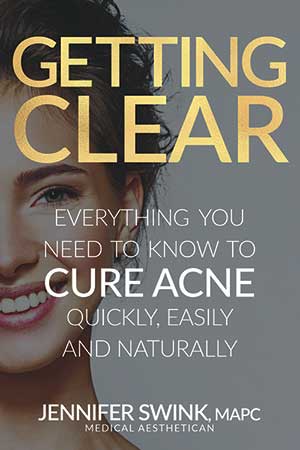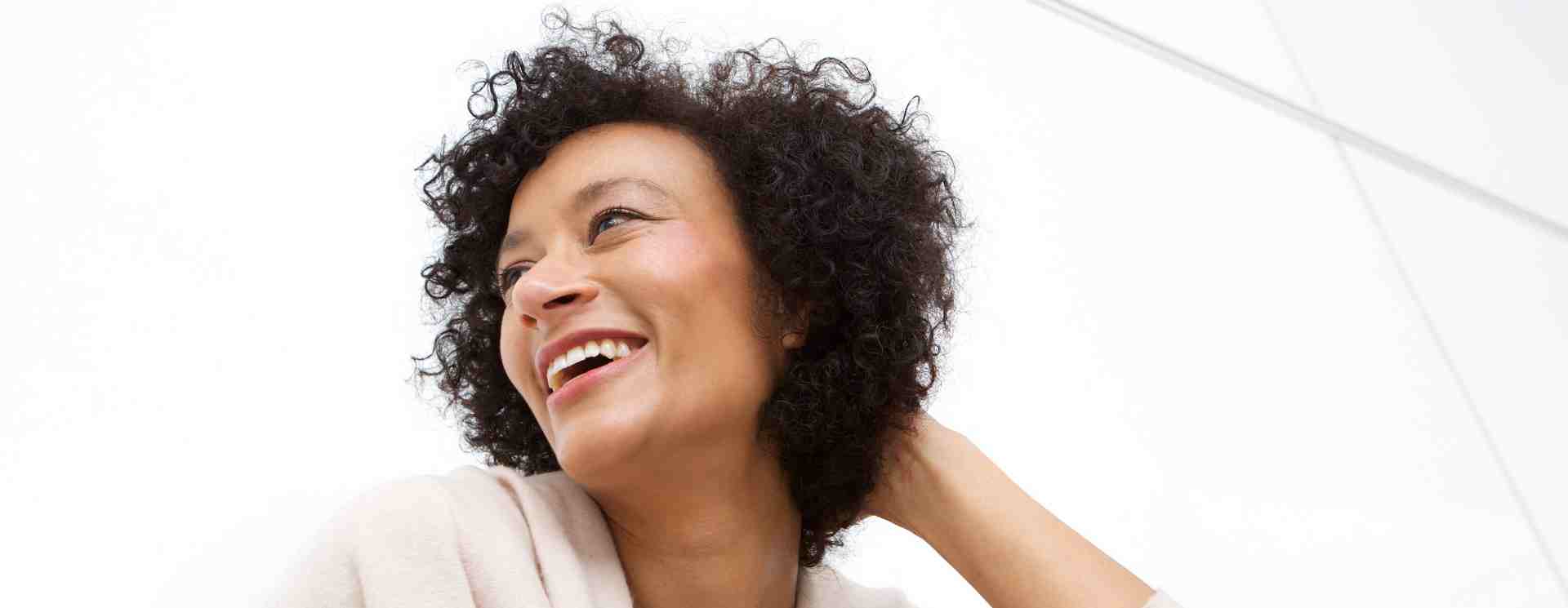Acne in Adults and Teens
What causes acne, and is there a cure for acne?
There are a variety of treatments that work well for addressing acne and acne scarring. Clinical acne treatments and acne scarring treatments are always customized for your skin type and tone, and based on whether you have active acne or wish to reduce acne scarring. Perhaps you have old acne scars and also wish to reduce active acne. We can help with that too.
The American Academy of Dermatology defines acne as a chronic, inflammatory skin condition. Typically, chronic acne sufferers have tried it all with little to no long-term success. There are literally thousands of acne skincare products and procedures that promise to clear your skin. Acne advice is everywhere from department stores, Internet, television, magazines, and your best friend, all claiming their way is the solution. You would think acne would be decreasing with all of this expert advice.
Instead, acne is on the rise globally. As more countries have become westernized, the incidence of acne has increased exponentially. The American Academy of Dermatology estimates 50 million Americans suffer from acne. Fifty percent of adult women and 25 percent of adult men have some form of acne. A study published by Foamix Pharmaceuticals (2017) reported there are 14 million physician visits per year for the treatment of acne. Acne is a multi-billion-dollar industry. The potential for revenue is virtually unlimited, and this has led to a marketing frenzy by opportunistic companies, at the expense of acne sufferers everywhere.
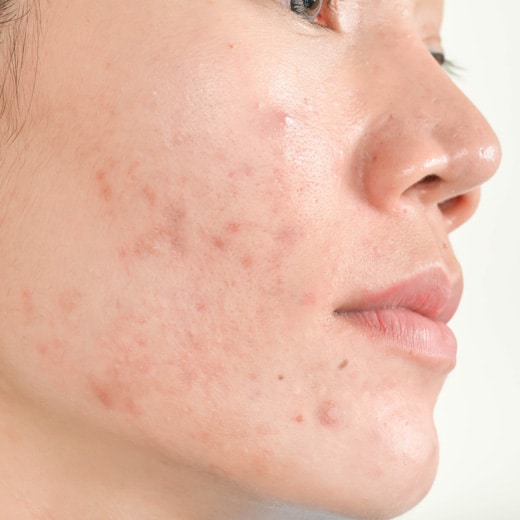
What causes acne?
The interconnectedness of your body’s systems is impossible to separate, so treating acne with a singular approach rarely yields long-term success. The good news is that acne is easier to cure than people think. The problem is people are looking for the answers in the wrong places. Chronic acne is rarely eliminated permanently by topical solutions and prescription medications alone. It can be difficult to pinpoint the winning combination of acne products, and the right solution can differ from person to person.
What is usually overlooked is how diet, lifestyle, and stress affect our body’s balance and gut health that contribute to and exacerbate acne. There are many skin types and sensitivities with acne that each situation is unique and customized for depending on whether you are male/female, the climate you live in, age, skin color, prescription medications, etc.
Is there a cure for acne?
According to conventional western medicine, there is no cure for acne.
Maybe that is because many of the standard protocols do not work for everyone long-term. However, just because standard westernized medicine does not have the cure for acne does not mean there is no cure for acne. Many physicians tell patients that the food they eat does not contribute to their acne. This is totally incorrect. For years doctors have been taught there is no connection between diet and acne. Unfortunately, nutritional training in medical school is very limited.
A survey in the American Journal of Clinical Nutrition (2010) found only 30 percent of medical schools require an actual nutrition course. This shocking fact, combined with the influence and profitable growth of the pharmaceutical industry, has dictated which acne treatments are prescribed. Topical and oral drugs are the only treatment options for acne dermatologists are qualified to offer.
Conventional medicine claims acne is genetic and caused by hormone imbalances. While it may be true your parents had acne and your hormones may be imbalanced, that doesn’t necessarily equate to the cause. Fixed genes (you get what you get) are a popular notion, but we now know genes respond to everything we think and do. Our environment—like diet, stress levels, behavior and chemical pollutants—all affect the activity of our genes and our hormones. It is not our genes and hormones that cause acne; it is our diet and lifestyle that influence what our genes and hormones do or don’t do.
Acne is commonly treated with various prescription medications, including Accutane, antibiotics, androgen blockers, oral birth control and topical skin products. It is not uncommon to be prescribed one or more of these treatments at the same time. In some cases, prescription medication may be necessary, but usually does not work long term because it does not address the root cause of the problem. In acne grades III and IV, which is considered serious, it may be necessary to utilize the conventional approach short term. But, I recommend doing so only in conjunction with an integrative approach to ensure long-term acne-free success.
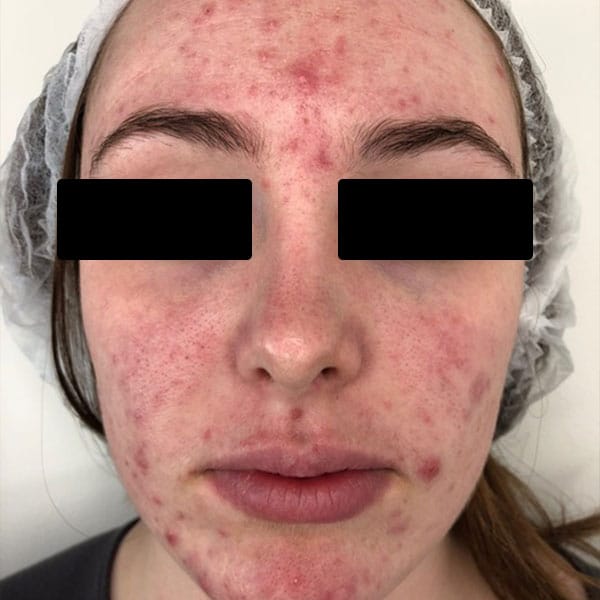

Getting Clear: Everything You Need To Know To CURE ACNE Quickly, Easily, and Naturally
GETTING CLEAR IS THE BOOK FOR ACNE SUFFERERS WHO HAVE TRIED CONVENTIONAL ACNE TREATMENTS AND FAILED.
Jennifer Swink, top-ranked medical aesthetician, helps you understand the underlying causes of your acne and how to cure it quickly, and permanently.
Professional acne treatments
There are many benefits to working with an clinical aesthetician and using professional products. The odds of clearing your acne will be much higher using an aesthetician than self-prescribing via Internet, drugstore or department store. Aestheticians working in spas and salons typically perform your superficial, relaxing, spa-type facials. Not only will it not help your acne, but most likely it will make it worse. Spa facials have their place in skin-care, just not with clearing acne.
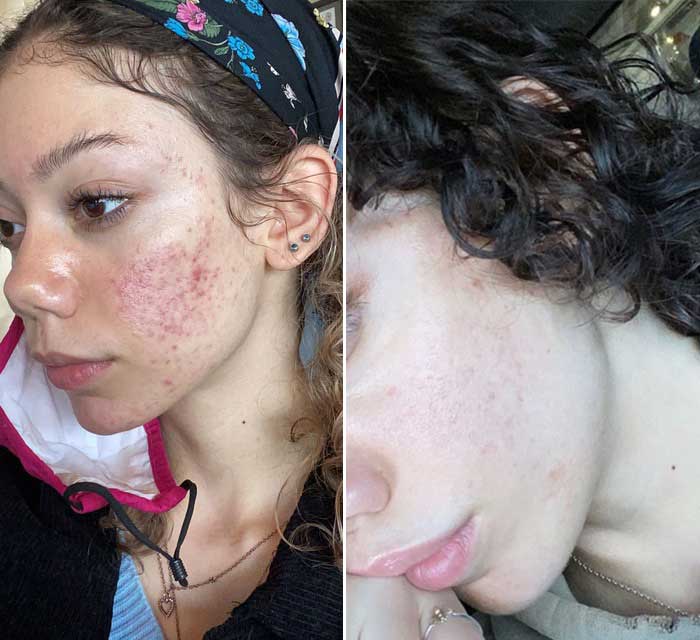

How we educate our acne clients – acne care for your skin
My goal as a professional is to help you Get Clear on what is causing your acne so you can cure it at its source. Accomplishing this will require an integrative approach that addresses all the underlying causes at the same time. The key to healing your acne is to attack it at root level, holistically, not solely with superficial solutions like topical products and treatments or prescription medication like birth control pills or antibiotics.
A combination of dietary and lifestyle modifications with a proper skin-care regimen will provide the best result of success in eliminating your acne. Topical skin-care procedures and products are extremely effective in helping to reduce breakouts, hyperpigmentation and acne scarring. However, as a stand-alone treatment for chronic or serious acne, skincare products are not usually successful long term. When deciding which products to buy, you must first identify the variables affecting your acne. Keep in mind, what works well for your friend’s acne may be different from what will work well for yours. Acne care is not one-size fits all.
What type of skin do I have?
Celebrity Skin will help identify all the nuances and variables that affect your skin-care regimen’s success and will assist in narrowing down product choices, as well as avoiding wasting money and potentially making your acne worse.
Some acne-prone skin types are extremely oily, while other skin types have combination or drier skin types. The category you fall into will dictate how aggressive you can be with your skincare products.
Acne affects every shade of skin, however, different considerations come into play with different skin colors. It is important to determine if you have light, medium or dark skin before we choose which products and treatments will have the least amount of potential side effects.
Your age influences how your skin behaves and heals and is another major factor in choosing an effective skin-care regimen. For example, women’s skin usually becomes drier after menopause, which tends to make it more sensitive to ingredients and drier climates. On the other hand, during and after menopause, some women (and men too) may use some form of hormone replacement potentially making skin oiler.
At Celebrity Skin, we start by spending time listening and asking questions. We allow my clients to educate us. Based on the information you provide during our consultation, we will recommend a specific regimen that will work best for YOUR skin.
top 19 tips to help cure acne
Printable reference sheet: Top 19 tips to eliminate acne
- No products with artificial fragrances, dyes, sulfates, phthalates or parabens.
- No oil cleansing. It is just too risky, skip it.
- No to face wipes and makeup removers. Makeup removers should only be needed to take off waterproof mascara. No waterproof mascara.
- Don’t over wash your skin! Wash no more than two times per day on average and never go to bed without washing your makeup off.
- No picking pimples.
- No picking dry skin or flakes.
- No electronic scrub brushes, as they stimulate oil production and drive already stripping/dehydrating acne products further into the follicles causing increased inflammation.
- Don’t use too many stripping ingredients and products. Use only one or two stripping products in your home routine (at most), depending on all the previously mentioned variables.
- Don’t use too many layers of products on the face. Less is more no matter how good the quality of products
- Don’t over moisturize!
- No primers. No heavy foundations.
- No chemical sunscreens and be discerning of physical sunscreens. Last month, we discussed how sunscreens contribute to acne and since we published that article, the Journal of the American Medical Association published the results of its study on the absorption of sunscreen, and the FDA launched an investigation into the safety of sunscreens.
- No waxing or shaving the face (if you’re a woman). If you are a man, do not shave if you do not have to. If you can, choose an electric razor over a double-edged razor. If you have to use a razor, use a single blade.
- No dermaplaning. It irritates acne prone skin and can cause breakouts
- No department store advice and self-prescribing. Do not rely on your local department store, your best friend, the internet, a magazine or television for your skincare advice.
- No spa facials. They usually cause breakouts. Only get clinical facials that are specifically customized for your acne-prone skin.
- No cortisone injections for cystic acne. The potential for scarring is devastating and usually doesn’t show up until a year or so later. Avoid it if you can.
- Do not get microneedling if you have active acne. Microneedling causes too much inflammation and trauma to your skin, increasing risk for breakouts. You must wait to be acne-free. No home rollers/home microneedling, as you can tear your skin easily.
- No laser treatments if you have active acne. Light therapy is ok, but no laser resurfacing or Fraxel! They cause too much inflammation and trauma. The potential for hyperpigmentation and more break-outs is way too high. Darker skin tones should never have laser therapy.
Custom services for acne
- New Client Consultation + Treatment
- Acne Deep Pore Cleansing Chemical Peel Facial + Light Therapy
- Microdermabrasion Facial + Light Therapy
- Men’s Facial + Light Therapy
- Acne Facial For Teens + Light Therapy
- Back Facial + Light Therapy
- Celebrity Skin Medium Depth Chemical Peel
- VI Peel
- Body Chemical Peel
- The “Works” Chemical Peel Treatment
* All acne treatment protocols can and will be customized for your specific needs
Everyone’s skin is different. The best thing is to do is book a New Client Consultation + Treatment to discuss and personalize your treatment with products to meet your individual needs.

